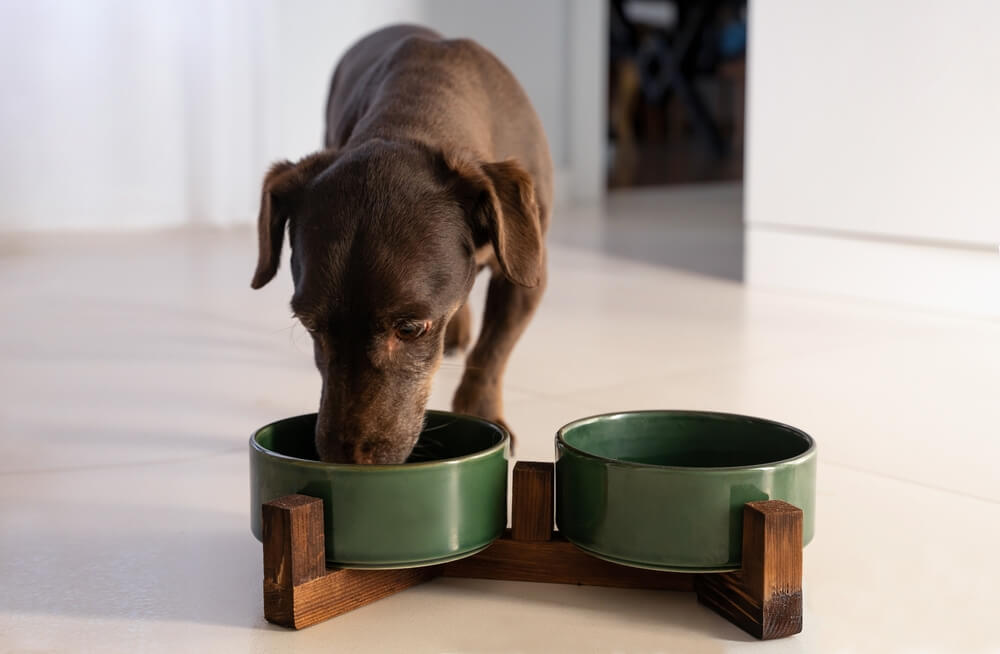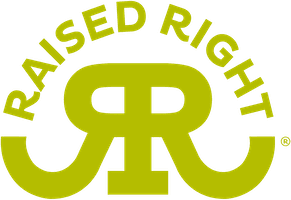
What is kidney disease in dogs?
Kidney disease, also referred to as renal disease or renal failure, can be acute or chronic. With acute kidney disease, there’s a sudden decline in kidney function and this typically happens over a timeframe of a few hours or a couple of days. With chronic kidney disease, the decline in kidney function gradually happens over a longer timeframe and early treatment is crucial to slow the progression of the disease.
What are the signs of kidney disease in dogs?
Since the kidneys are responsible for a variety of functions in the body, the symptoms can vary between cases. The most common signs of kidney disease in dogs is an increase in both water consumption and urination. The reason for this is because when the kidneys aren’t functioning properly, the body reacts by increasing the blood flow through the kidneys to help with filtration. This process causes urine production to increase and because of this dogs need to drink more water to stay hydrated. Other signs of kidney disease include decreased appetite, weight loss, vomiting, diarrhea, bad breath, blood in the urine, and being lethargic.
What causes kidney disease in dogs?
For acute kidney disease, it can be caused by ingesting something that’s toxic or being exposed to a hazardous material. Another cause could be a kidney stone obstructing the urinary tract so you should take your dog to see a veterinarian quickly if they start experiencing symptoms. Anything that decreases blood flow to the kidneys, including severe dehydration, can cause acute kidney failure.
The cause of chronic kidney disease in dogs can be harder to pinpoint because it develops slower and is more common in older dogs who’re battling other health issues like diabetes or cancer. Dental disease is a known cause of chronic kidney disease as bacteria accumulates on teeth and then enters the digestive tract. Inflamed gums from dental disease can also be an access point for bacteria to enter the bloodstream and this can hinder kidney function over time.
What is the treatment for kidney disease in dogs?

The treatment can vary depending on the type and stage of kidney disease. Common treatments include diet changes, intravenous fluid therapy, dialysis, and medication to help with nausea or diarrhea. Since poor dental hygiene can cause kidney disease, it’s very important to keep your dog’s teeth clean. Not only should you have your dog’s teeth professionally cleaned as needed, but you should also be brushing their teeth on a daily basis with a soft bristled brush and a gentle pet toothpaste.
Why do dogs with kidney disease need to be fed a low phosphorus dog food?
While healthy dogs benefit from a diet that has plenty of phosphorus, dogs with kidney disease can’t process as much phosphorus because their kidneys aren’t functioning as efficiently as they should be. Since they can’t easily filter phosphorus from their blood, it can cause a buildup that can lead to serious health problems so this is why dogs with kidney disease need to be fed a dog food that’s low in phosphorus. The quality of protein is also important as it should be coming from human-grade muscle meats & organ meats like turkey thigh and turkey heart instead of from plant-based ingredients like pea protein or poor quality proteins like chicken by-product meal.



